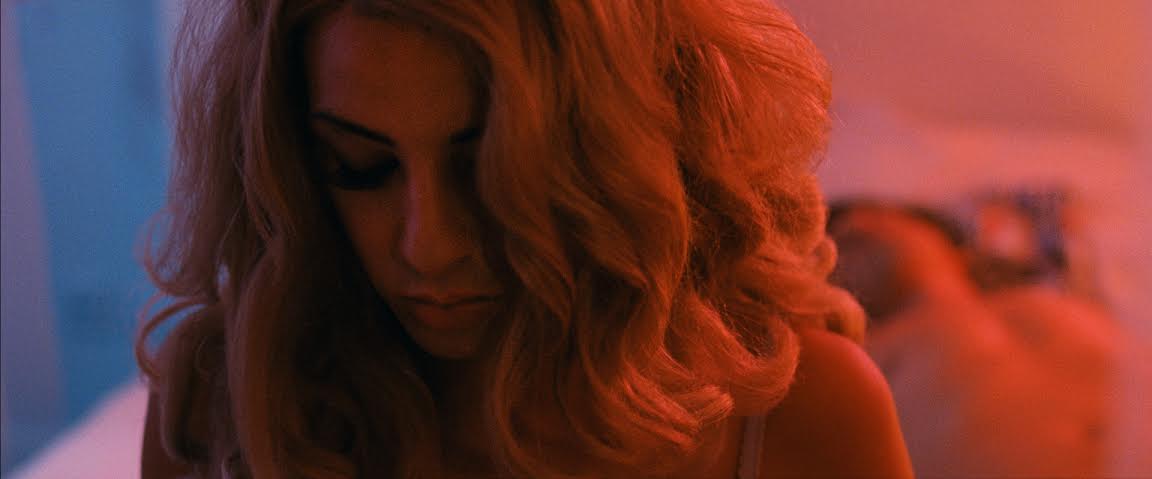NSFW PHOTOS AFTER THE JUMP It began with a long drive out to Hillsboro, Oregon, also known as BFO, or Butt Fuck Oregon. The spacious parking lot of the Runway Club was already almost full, and I motored past the flashing lights of the #VaginaMobile, to squeeze my tiny car next to a trailer. The… Continue reading The Sixth Annual Vagina Beauty Pageant: A Judge’s Notes
Celebrity And The Spectacle Of The Trafficking Victim
With Amnesty International’s announcement that its membership will vote on a policy of decriminalization of prostitution this weekend and subsequent protests from celebrities, there’s been considerable verbal diarrhea spewed from the mouths of rich people on the topic of “privilege.” Sex workers like me—people who have the time and energy to advocate for human rights—have… Continue reading Celebrity And The Spectacle Of The Trafficking Victim
Activist Spotlight: Pye Jakobsson On the Amnesty International Vote and Holding Allies Accountable
As the vote this weekend at the Amnesty International General Council Meeting in Dublin approaches on whether the human rights organization will adopt a draft proposal supporting the decriminalization of prostitution as policy, I spoke, via e-mail, to Global Network of Sex Work Projects (NSWP) President Pye Jakobsson on NSWP’s petition to Amnesty urging them… Continue reading Activist Spotlight: Pye Jakobsson On the Amnesty International Vote and Holding Allies Accountable
A Tale of Two Petitions: CATW’s Amnesty Open Letter Fail
On July 22, a long list of prohibitionists, working through the Coalition Against Trafficking in Women, released an open letter to Amnesty International as part of their long-running fight to stop them from officially adopting a pro-decriminalization of sex work stance. The letter urged the organization to vote against a draft proposal supporting decriminalization at… Continue reading A Tale of Two Petitions: CATW’s Amnesty Open Letter Fail
Her Survivor’s Instinct: Paul Frankl on Roxanne
Roxanne, a short film about a trans sex worker who reluctantly takes in an abandoned child, was recently selected as a Vimeo Staff Pick and has been accepted at 14 international film festivals, including two Oscar qualifying fests. It will soon be made into a feature film. The following interview was conducted by Sarah and Caty with… Continue reading Her Survivor’s Instinct: Paul Frankl on Roxanne




